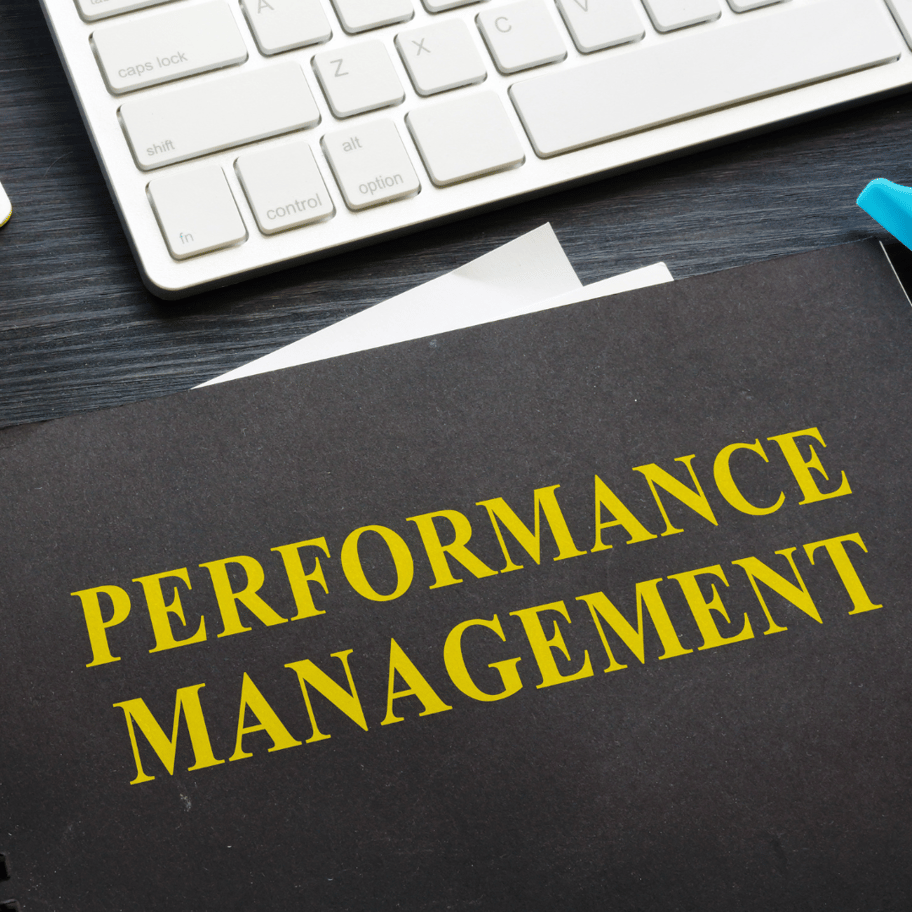Revolutionizing Performance Management in Procurement

In the ever-evolving landscape of public healthcare, the procurement process plays a critical role in ensuring efficient, fair, and transparent operations. As we move further into 2024, it's essential to focus on performance management within this sector to drive improvements and manage risks effectively. This blog post delves into the latest insights and strategies from a recent webinar on Performance Management in Public Healthcare Procurement.
Understanding the Importance of Performance Management
Performance management in procurement isn't just about monitoring, it's about continuously improving the quality and efficiency of services. The "Ask the Expert Webinar" held in March 2024 highlighted several key areas where performance management can significantly impact public healthcare procurement:
- Risk Management: Identifying and mitigating risks to avoid supply chain disruptions and additional costs.
- Continuous Improvement: Leveraging performance data to enhance processes and outcomes continuously.
- Reputation Management: Maintaining a trustworthy procurement process that stakeholders can rely on.
Key Strategies for Effective Performance Management
The webinar outlined a structured approach to managing performance through various stages of the procurement cycle, including stakeholder engagement, sourcing, contracting, and supplier relationship management. Here are some pivotal strategies discussed:
- Measuring Performance: Using objective systems and metrics, such as Key Performance Indicators (KPIs) and Supplier Scorecards, to assess performance accurately.
- Scoring and Reporting: Implementing a 'Traffic Light' reporting system and performance dashboards to visually communicate performance levels and facilitate quick decision-making.
- Supplier Management: Establishing robust relationships and communication channels with suppliers to ensure contractual obligations are met and to enhance performance proactively.
Implementing Performance Management: A Step-by-Step Guide
Implementing effective performance management requires a clear framework and a step-by-step process. The webinar recommended the following approach:
- Set Clear KPIs: Develop and agree on KPIs with all key stakeholders, ensuring they are relevant, clear, and quantifiable.
- Regular Monitoring and Evaluation: Regularly monitor supplier performance against these KPIs and conduct contract review meetings to address any issues.
- Feedback and Adjustments: Provide feedback to suppliers and make necessary adjustments to practices and strategies based on performance data.
Case Studies from the Field
Real-world examples from the webinar demonstrated how these strategies are implemented across different regions. For instance, in the Nigerian context, performance management includes detailed supplier performance assessments and contractual administrative interventions to ensure compliance and effectiveness.
As we look towards a future where public healthcare can be more responsive and effective, embracing advanced performance management techniques in procurement is crucial. The insights from the "Ask the Expert Webinar" provide a solid foundation for procurement professionals to enhance their practices and contribute positively to the healthcare sector's overarching goals.
This approach not only ensures operational excellence but also builds a resilient supply chain that can withstand the challenges of modern healthcare demands, thereby safeguarding the interests of the public and the healthcare entities involved.
Register for our April Ask the Experts where we will be discussing Stakeholder Relationship Management https://bit.ly/AprilAskTheExpets
.png?width=940&height=788&name=April%20AtE%20Save%20the%20Date%20(1).png)

What do you think?